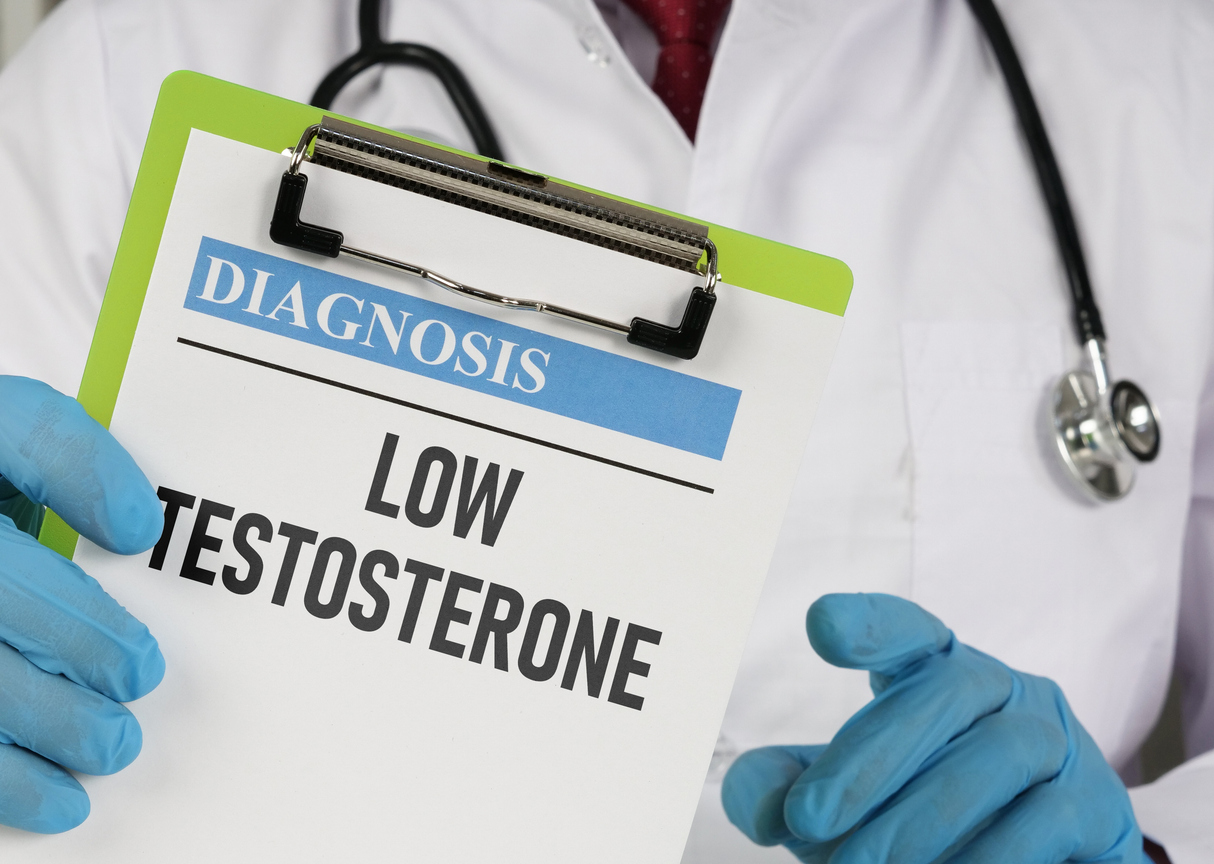What is Erectile Dysfunction?
Erectile dysfunction, also known as ED or impotence, is, perhaps, a man’s worst fear. ED is the inability to achieve or maintain an erection sufficient for satisfactory sexual activity. In turn, this highly personal experience can be the source of a great deal of embarrassment, both with a partner and in seeking treatment. A man may feel inadequate or ashamed, which can be prohibitive to seeking help for a relatively common, often treatable medical condition. The first step in finding treatment is understanding the symptoms of ED and, even more importantly, knowing that you are not alone.
Symptoms of ED
Symptoms of ED vary, but commonly include:
- Achieving an erection
- Maintaining an erection
- The inability to climax or complete an intimate encounter
These symptoms, which a man may view as a personal failure instead of a medical issue, can cause distress for both him and his partner, who may not know how to support him. It may be helpful to know that, while erectile dysfunction is more common as one age, many men struggle with ED. Approximately 30 million men in the U.S. alone, which makes erectile dysfunction a significant health concern.
Causes of Erectile Dysfunction
Achieving and maintaining an erection is a very complex physiological process that includes the brain, hormones, nerves, and muscles among other physical functions. To achieve an erection, there must be appropriate blood flow to the penis and an appropriate level of blood pressure to maintain the erection. If any of these physical processes are impaired, erectile dysfunction will result.
The causes of erectile dysfunction are many, including:
- Psychological factors such as anxiety, depression, and stress
- Physical factors such as diabetes, hypertension, and heart disease
- Lifestyle choices such as smoking, excessive alcohol consumption
- Low testosterone
- Obesity
Diagnosis
ED can have a profound impact on a man’s quality of life, causing anxiety, depression, and low self-esteem. It can also lead to relationship difficulties. While there are treatments available, diagnosis is the first step to obtaining them. During the diagnostic process, your clinician will utilize a number of different diagnostic methods, which may include:
- A physical examination
- Blood tests and/or urinalysis
- Ultrasound
- Screening for depression or another psychological condition
To reach an ED diagnosis, it is important to know that the symptoms must be experienced over a period of weeks or months. A one-time experience will not lead to a diagnosis of erectile dysfunction.
Treatment
Fortunately, erectile dysfunction is treatable in many cases. APEX Hormone Health in Parker, CO can help you determine whether traditional medical treatment is the best course of treatment for you, or whether you would benefit from peptide treatment. The most common treatment options are oral medications such as Viagra (sildenafil) and Cialis (tadalafil), which are effective in a high percentage of men. These medications are PDE-5 inhibitors, which work on the vascular system to increase blood flow to the penis.
In addition to more traditional medical treatments, APEX Hormone Health also offers an innovative peptide treatment with the peptide Bremelanotide PT141. Bremelanotide PT141 works with the nervous system and brain to increase sexual desire. PT141 has been shown to boost the sex drive, enhance libido, and increase the frequency of sexual activity. It is a new but effective way to treat ED in some cases.
You are not Alone
If you are experiencing erectile dysfunction, please call us. We can help you determine the cause of any erectile difficulties you have and recommend treatment options that will help you regain your sexual function. We can be reached at 720-856-0200 for an appointment that may change your life.
Disclaimer: The information contained here was not written by a medical doctor and is intended for informational purposes only. This is not a substitute for medical advice.






